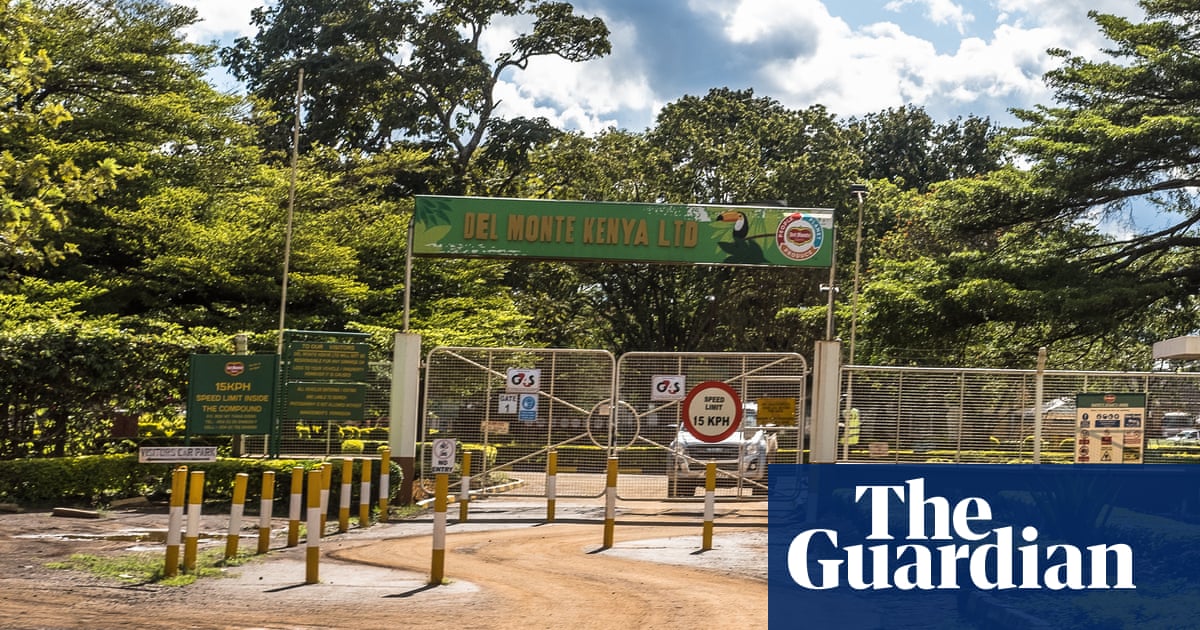
Lawmakers in Mexico this week will launch a federal commission to investigate allegations of human rights abuses by the country’s military, including the use of powerful spyware technology, the head of the governing Morena party in the senate has said.
The commission, made up of lawmakers from both Mexico’s upper and lower houses of congress, will request a report from the army in the wake of recent media reports alleging that it used Israeli software known as Pegasus to hack the phone of a prominent human rights activist.
“Espionage is delicate and serious in any society and at any time,” Senator Ricardo Monreal told reporters on Monday, adding that he expected the commission to be installed later this week. “I have been spied on all my life and I obviously disapprove of any type of improper or illegal espionage.”
The federal inquiry comes after a coalition of Mexican news outlets reported that the country’s armed forces used Pegasus to intercept communications between activist Raymundo Ramos and several journalists regarding allegations of extrajudicial killings by the army.
The reports, based on a document hacked from military servers last year by the collective known as Guacamaya, allege that the Mexican army was monitoring private conversations in August of that year between Ramos and reporters from media outlets including El País and El Universal.
According to reports, an analysis of Ramos’s phone by the University of Toronto’s Citizen Lab found that it had been targeted using Pegasus in the same period that those discussions happened. The conversations took place on encrypted messaging platforms, meaning only a tool as sophisticated as Pegasus could have intercepted the chats.
“It’s a violation of my privacy, of my human rights,” said Ramos in a phone interview. “It obviously puts me at risk, it puts my family at risk, my collaborators, the victims.”
Mexico’s military has a long history of spying on activists and journalists, including in 2017 when the army was accused of using Pegasus to hack the phones of lawyers investigating the disappearance of 43 students in 2014.
Human rights advocates say such use of sophisticated technology by the military is illegal, given that the military can’t investigate civilians, and even if it could, such an interference would require sign off from the Mexican judiciary.
“The defense ministry doesn’t have the power to request that from a judge, that’s why they don’t do it,” said Leopoldo Maldonado, regional director for Article 19, a freedom of expression advocacy group. “That’s why they do it illegally.”
The latest allegations come at a delicate moment for the Mexican government, which has faced intensifying scrutiny over the military’s role in human rights abuses, as well as its inability to meaningfully tackle the nation’s soaring rates of violence.
President Andrés Manuel López Obrador, or Amlo as he is popularly known, was elected on a promise to take the military off the streets and end the espionage that occurred in previous governments.
But since taking office, he has vastly expanded the military’s budget and powers, putting them in charge of everything from building airports to rolling out Mexico’s vaccination campaign against Covid-19.
When asked about the spyware allegations last week, the president appeared to double down on his support for the military, dismissing the claims as a mere “intelligence” operation, and accusing the media outlets which brought the accusations to light of being part of the opposition.
“We don’t spy on anyone,” Amlo said during his morning news conference. “I have confidence in the [military’s] leadership because they know very well that espionage is prohibited.”
Such comments suggest little chance the defense ministry will be held accountable, advocates say.
Ramos said, of Amlo’s response: “It gives me the impression that he’s trapped by the army, that he can’t control his army.”
The congressional inquiry is a positive step, advocates say, but whether it actually produces results remains to be seen.
“What Senator Monreal is proposing is important, it’s urgent, it’s necessary,” said Maldonado from Article 19. “But we have our reservations unless we see significant progress in that accountability.”











